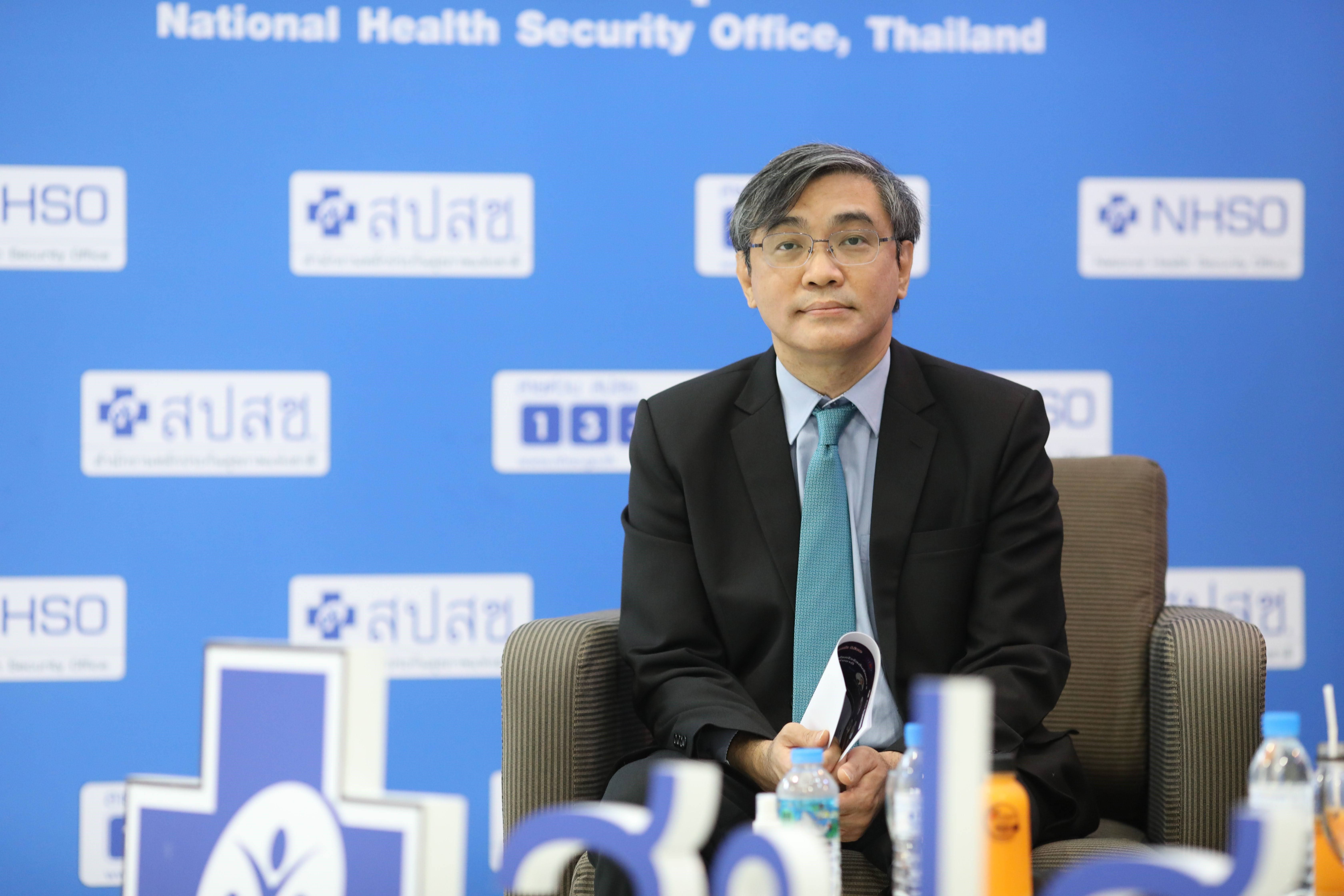
- Home
- DescriptionNews
New medication reduces hepatitis C testing steps

New medication reduces hepatitis C testing steps
Since early this year, Universal Coverage Scheme (UCS) beneficiaries can access sofosbuvir/velpatasvir, a fixed-dose combination medication for hepatitis C treatment in adults.
The drug, which is more than 90% effective for all hepatitis C genotypes, was added into UCS’s benefits package following an approval by the National Health Security Board (NHSB) in December.
It is also added to the National List of Essential Medicines, a list of medications used in the hospitals and public health services in Thailand.
The availability of sofosbuvir/velpatasvir in UCS benefits package will allow patients with hepatitis C to have better treatment access, said health experts during a virtual seminar on “hepatitis C screening test and treatment in UCS” on 20 January.

Testing every risk group
“Around 90% of liver cancer cases are caused by hepatitis C. Infected persons will develop liver cancer within 10 years after contracting the virus. There is no symptom showing during an early stage of infection, making patients unaware of the infection until it is too late,” said Dr Preecha Premsiri, deputy director-general of the Department of Disease Control (DDC), Ministry 0f Public Health.
“While COVID-19 pandemic is raging our world, the prevalence of hepatitis C gains a little attention from the society.”
DDC estimates that around 400,000 people in Thailand are infected by hepatitis C. Approximately 80,000 of them may likely die, based on the scenario that 20% of them develop liver cancer.
Therefore, it’s essential to test every risk population group such as inmates, people living with HIV, and injecting drug users as soon as they contract the virus.
“We set an ambitious target to test every risk group in every province across Thailand,” said Dr Preecha.
“We have collaborated with local administrative organizations to launch hepatitis C test at a community level. Once we find infected persons, we will deliver care and treatment to them immediately.”
Reduce testing steps
In the early years of UCS, patients living with hepatitis C received partial treatment because of high-cost medication.
Nimit Tian-udom, NHSB represents civil society, recalled that the medication cost around 30,000-baht per dose. Each patient was required to take medication for three months, which cost two million baht per case.
The cost of treatment has reduced in recent years as the National Health Security Office or NHSO achieved in negotiating the sofosbuvir/velpatasvir medication price down to 280 baht per dose.
Dr Pisit Tangkijvanich, President of Thai Association for the Study of the Liver, said that the provision of sofosbuvir/velpatasvir would help shorten the hepatitis C screening procedure.
Patients do not need to go through Fibro Scan, a specialized ultrasound machine for measuring fibrosis and steatosis in the liver, which liver specialists can only perform.
Patients can get HCV antibody tests, which look for antibodies to the hepatitis C virus in the blood, and APRI Score or FIB-4 Score, the ways to measure fibrosis of the liver for people infected by hepatitis C.
“Physicians can conduct this test, so patients don’t need to wait in a queue to see liver specialists. In the future, we may have telehealth services in which patients can consult with liver specialists online. It will greatly improve their access to care,” said Dr Pisit.

